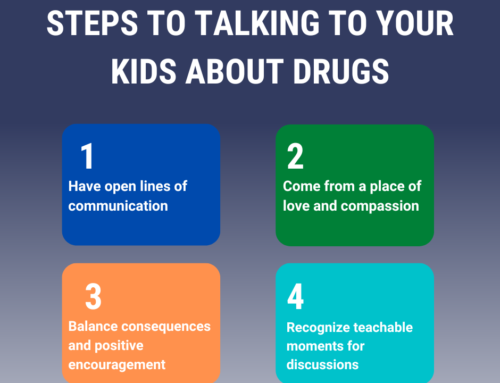Whether a disability comes from a medical condition, accident, or is congenital (from birth), it can have a serious negative impact on a person’s emotional well-being. More than 50 million Americans live with some type of disability. While that statistic includes people with mental or physical impairment, it also encompasses those who become disabled at some point during their lifetime. People with disabilities have a substance abuse rate 2 to 4 times that of the non-disabled population. Learn more about the connection between substance abuse and disability.
Reasons for High Risk
There are myriad reasons for people with a disability to struggle with substance abuse and addiction.
- The disability affects their cognitive ability. People who experience a reduction in their ability to think clearly don’t always recognize that abusing substances is dangerous. They may also not be able to recognize the problem if there is one. Furthermore, some people with a traumatic brain injury (TBI) may believe the use of alcohol will improve their ability to interact socially.
- The disability is a mental health disorder. Disability is a word often connected to physical impairment, but psychiatric conditions seriously hamper a person’s ability to function. Major depression, post-traumatic stress disorder, schizophrenia, and bipolar disorder are just a few of the mental health conditions that make it hard for a person to live a life considered ‘normal.’ The person can, as a result, feel more vulnerable to using substances in an attempt to alleviate troubling symptoms like low energy and painful emotions.
The disability is a mental health disorder. Disability is a word often connected to physical impairment, but psychiatric conditions can also seriously hamper a person’s ability to function. Major depression, post-traumatic stress disorder, schizophrenia, and bipolar disorder are just a few of the mental health conditions that make it difficult for a person to live a “normal” life. As a result, the person is more vulnerable to using substances in a desperate attempt to alleviate troubling symptoms, such as insomnia or low energy, and numb painful emotions.
Risk of Untreated Substance Use
Whenever substance use and addiction go untreated, there may be inevitable consequences. Drug and alcohol use hampers proper medical care. It may even interfere with medications currently being used. Many disabling conditions require ongoing treatment. Individuals who abuse substances are less likely to comply with medical advice regarding disability. Perhaps they will miss therapy appointments or not take medication that requires adherence to a strict schedule. Not adhering to treatment can make the condition worse. Not only this, but substance abuse creates additional problems. Living with a disability on its own is challenging. Depending on the severity of the condition, it may be hard to find work or stay employed. Drugs and alcohol make this even more challenging.
Living with a disability, it can have a serious impact on a person’s well-being, but also reduces the quality of life for a person who uses substances. If you there are concerns about drug and alcohol use, it is important to find a place to get help that can also understand their challenges with the disability and addiction.
The Springboard Center’s addiction treatment programs are tailored to meet the needs of each client. By utilizing a set of diverse methods of addiction treatment, we are able to deal with your addiction from all angles and concentrate on every aspect of your healing process. It is important to recognize that many of our services offer a group setting and environment, so that the client spends time with other people affected by the same chronic disease and problems. 432-620-0255




